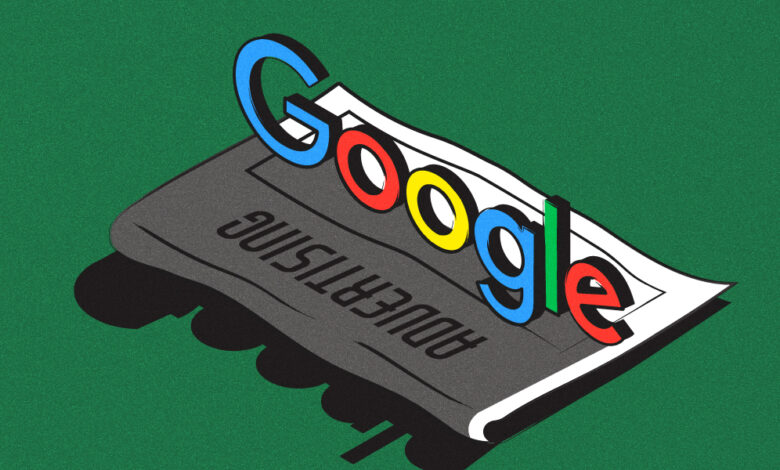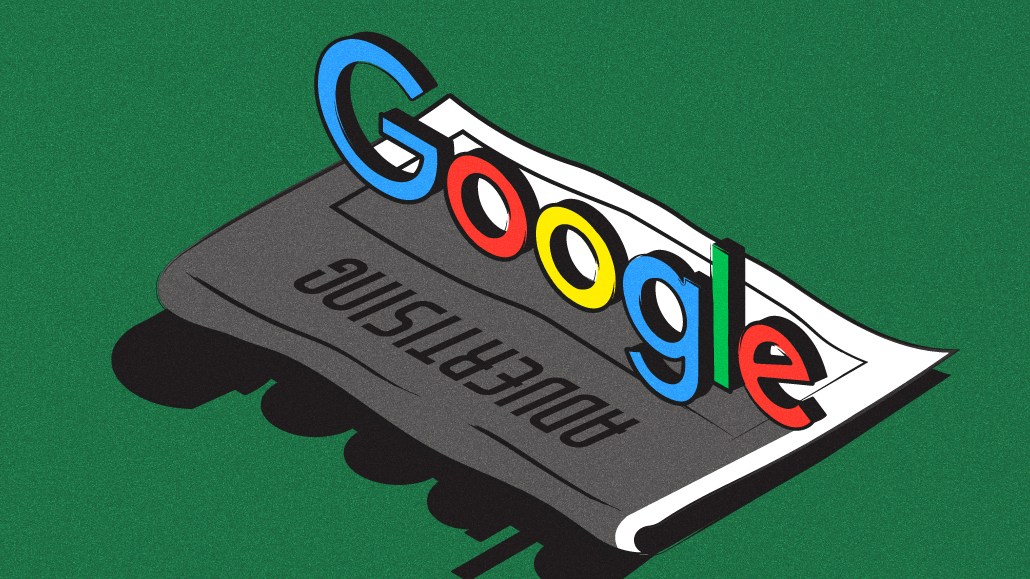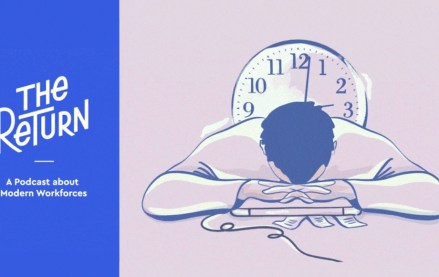Google’s antitrust trial spotlights search ads on the final day of closing arguments

By Marty Swant • May 3, 2024 • 5 min read •

Ivy Liu
Ads took center stage today in Google’s antitrust trial, as the U.S. Dept. of Justice sought to show the search giant as the only player in a game with rising prices.
This morning, lawyers from the DOJ and a coalition of state attorneys said Google’s search advertising business has trapped advertisers into its ecosystem while higher ad prices haven’t led to higher returns. Closing arguments, which began yesterday, are expected to continue this afternoon. The case hinges on whether attorneys can prove Google violated U.S. antitrust law under the Sherman Act by having a monopoly on search while using market dominance to harm competition and consumers.
Citing testimony from major advertisers — including execs from JP Morgan, Angi and Kohl’s — the attorneys said companies continue spending millions of dollars on search without having viable alternatives with comparable volume. Issues mentioned include maxing out spend on alternatives like Bing, opaque ranking processes, questionable bidding systems.
“General search gets them to those high intent customers and new customers,” said William Cavanaugh, Jr., an attorney for the state AGs. “That’s the lifeblood of their business and they don’t have an alternative.”
Attorneys also mentioned advertisers need to constantly run search ads, adding that some verticals don’t have options to spend elsewhere. For example, they said Target and Walmart don’t spend on Amazon since it’s competition. Lawyers also said Google “keeps advertisers in the dark” about how search ads work and how dollars are spent, and quoted one advertiser who said advertising on Google “is like being in the ring with a sumo wrestler with the lights turned off.”
Google’s attorneys said there are other ways to grow other than on Google Search, such as through display ads and social media. David Dahlquist, an attorney for the DOJ, said advertisers don’t see social as an alternative to search, which is why they haven’t shifted more spending to other formats: “The pie is getting bigger, but it’s not changing Google’s share. If you look at it, Google’s piece is pretty constant.”
The DOJ also brought up programs like Google’s Randomized Generalized Second-Price (RGSP). Through RGSP, a search ad auction randomly swaps two bids to make the lower bid look like the higher bid. Google has said it helps prevent runway auctions. However, the DOJ said it incentivized advertisers to bid even higher to keep from getting flipped and led to prices increasing on average.
“RGSP was introduced through a launch called Polyjuice,” Dahlquist said in court. “And in case you haven’t read the Harry Potter books, my kids have informed me that Polyjuice uses a magic potion designed to make you look like someone else. But as you’ll see, the name is very appropriate.”
John Schmidtlein, Google’s attorney sought to downplay the DOJ’s argument by suggesting a “fat happy monopolist” wouldn’t be required to innovate in ways Google has over the years. Schmidtlein also said raising prices isn’t unlawful — even for a monopolist — adding that the DOJ hasn’t provided evidence of a direct connection between price increases and the allegations of unlawful conduct.
“They’ve never come in here and said the exclusionary conduct is a price increase, because we know in competitive markets you see price increases,” Schmidtlein said. “What you have to be able to do to establish anti-competitive effects. In a case like this is you have to connect the price increases.”
Schmidtlein also said that the search giant has a hard time accessing the value of improvements in search ads that are run on a “very complicated” ad auction. However, Google’s claims of having challenges with measuring search ad quality improvements would seem to contradict years of Google’s pitches and case studies for advertisers.
“It’s very difficult for Google to assess and understand the value that a winning bid has for an ad,” Schmidtlein said. “And if the same bidder wins and wins and wins the price will come down over time.”
Mehta pushed back on Google’s claim that it doesn’t understand its own software, saying that Google is still the one at the controls. He also said what’s more important than ROI is traffic volume, adding that prices aren’t going to shift once the volume’s all in the same place.
Observers have also pointed out that Judge Amit P. Mehta’s understanding of digital advertising’s complexities have enabled him to ask pointed questions. Some say it’s also allowed him to avoid being distracted or confused by the case’s complexities.
At one point this morning, Mehta himself even got laughs inside the court when talking about his immersion into ad tech: “I know a lot about the marketing funnel and I find myself circling down the drain of the marketing funnel.”
Part of Google’s strategy has been to expand the number of competitors they face inside and outside of search. However, that argument has been weakened, according to Karina Montoya, senior reporter and policy analyst for the Open Markets Institute. She said the judge seems to understand both Google’s role in the market and its control of the bid process.
“Given the scale of his operations in both markets, it becomes really impossible to find any viable or reasonably reasonable substitutes as the DOJ has argued,” she said. “It’s clear that Google has controlled the bid process in search. The question here is whether Google can use this power or this control to raise prices in a sustained way. And he can see that the record suggests this is what is happening.”
https://digiday.com/?p=543945
More in Media Buying

How CTV and DOOH are growing this political season for smaller agencies
May 3, 2024 • 4 min read
Connected TV and digital out-of-home are playing a bigger role in upcoming elections and politics – especially for smaller agencies looking to place clients’ dollars.

How companies can avoid creating an accidental manager: The Return podcast, season 3, episode 2
May 1, 2024 • 2 min read
Just because you are good at a particular skill doesn’t mean that you would make a good manager. So, why is that the standard career path?

MediaMath has signed dozens of SSPs, including former short-changed creditors, after ad tech’s biggest bankruptcy
April 29, 2024 • 5 min read
Trading partners such as Magnite, PubMatic, and Index Exchange have returned as part of the DSP’s relaunch under the Infillion banner.



